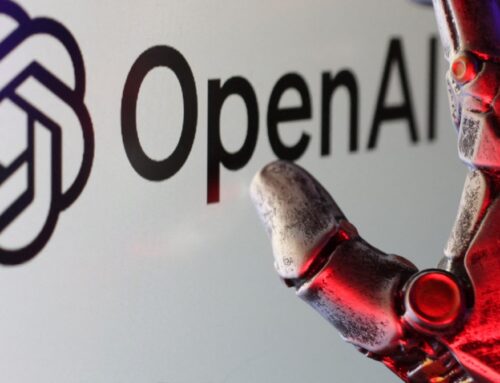Bitcoin Is An Unique Threat To Apple And Google’s Business Model
April 14, 2025
The tech titans that rule the Internet have many ways to maintain power. One way is to create effective monopolies of their app ecosystems – making them the guardians of what apps people can access when buying devices from Apple or Google.
This power is more insidious than most people realize – for example, Apple will take down apps at the request of state powers such as the Chinese Communist Party and the Indian government fairly frequently. In essence, Apple and Google offer a perfect chokepoint for countries worldwide to shape the Internet according to their censorship.
Bitcoin offers a hedge against this deal-making system with countries while tech titans sit on piles of cash. For example, Proton’s CEO Andy Yen offers a privacy-protecting set of independent tools that aim to be independent of both Apple and Google’s power – and has made the point that Apple has essentially signed a “deal with the devil.” By concentrating manufacturing in China, Apple is at China’s mercy whenever the country wants an app taken down. Proton has also recently moved to become a company that accepts Bitcoin and offers a wallet that allows others to use Bitcoin.
The Nostr app Damus is another illustrative example. Nostr is a decentralized social media app where you can take your private key and decide which client you want to use to access the content created on the network. Nostr, like Bitcoin, is structured as a protocol and not a platform. While human teams/CEOs are building parts of the ecosystem, the protocol itself is uncensorable by any individual group.
By implementing the ability to do Nostr zaps, which amount to Bitcoin micro-payments, this model poses a dual threat to Apple and Google – by creating an independent option to get payments that don’t need to be subject to onerous developer fees. This independence of payments threatens the monopoly and state-platform relationship that drives today’s app stores.
In interviewing Will, the founder of Damus in the Apple app ecosystem, he noted that the ability of control Apple has can stifle developer innovation ironically. Not only can Apple review apps at their discretion, but they can also review and set strict regulations for how an app performs – Damus was hit with a randomly targeted review where it was stipulated that zaps sent within the app had to be subject to different rules – for example, you can only send zaps to a single person. It has to be structured as a tip after the content. Apple threatened to take down the Damus app in 14 days if it didn’t remove the “Zap” button that allows users to send Bitcoin payments to each other.
Will also notes that there’s no way to support the developers directly, unlike in the Android world – where, for example, another Nostr client provider, Amethyst, allows for donations directly to the developers. As Will notes, getting support for developers directly from users would be amazing for Damus’ ability to innovate. As he puts it, “Apple is effectively limiting our innovation just basically, so they have control over the payment system.” Will notes that he’s okay with Apple integrating Bitcoin and Lightning Network and taking a cut – but a choice of Apple also means wrapping into the legacy financial system along with control.
The Google Play Store suffers from similar themes – though Damus is moving to the broader Android ecosystem, with options beyond the Play Store to release content and innovation.
Bitcoin represents a change from the old financial order – and as companies like Apple and Google navigate Bitcoin’s implications, it’s clear that Bitcoin’s ability to empower developer innovation and to allow people to pay each other peer-to-peer is something both app stores will struggle to control.
Search
RECENT PRESS RELEASES
Related Post



